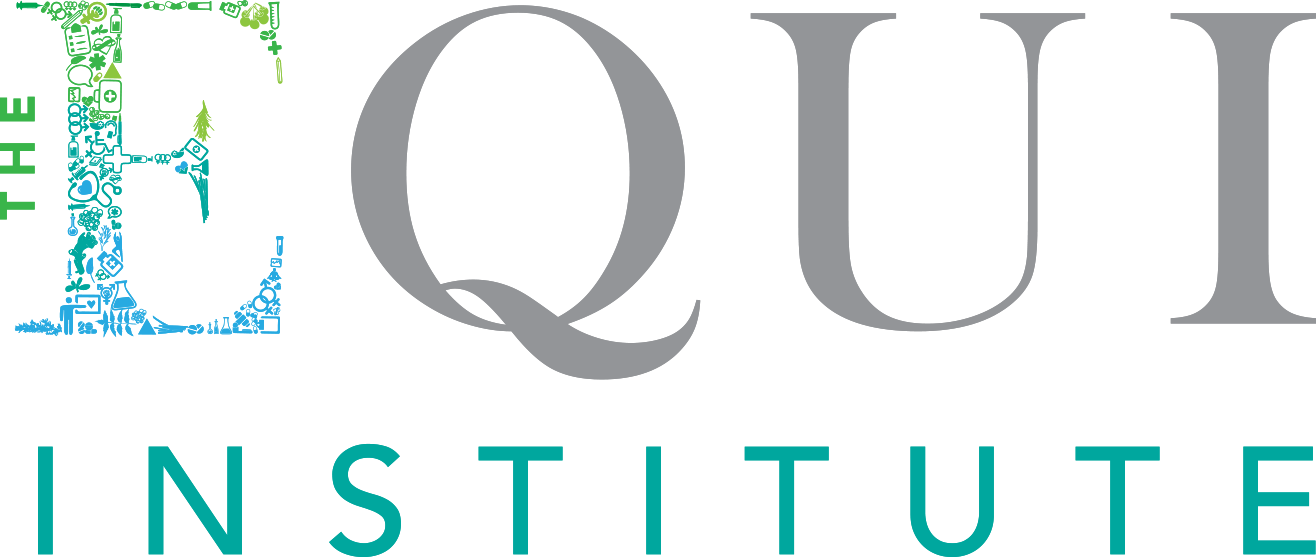Your Journey, Your Power! Queer and Trans Mental Health & recovery
Let’s Talk About Our Community
Our LGBTQIA2S+ communities are statistically more affected by alcoholism and addiction, or substance use that dominate our lives with negative impacts. The systems we live within cause profound harm to us and our communities–even more so with intersecting identities of race, ethnicity, class, disability, gender queerness and neurodiversity. We will fiercely advocate for and support you as we work together to support the positive changes you are seeking.
Studies have shown that LGBTQ+ individuals are more likely to experience substance abuse and mental health issues than their non-LGBTQ+ peers. Here in Oregon, 30% of LGBTQ+ individuals report having used in the past year, compared to 18% of non-LGBTQ+ individuals. Additionally, 49% of transgender individuals report using in the past year, compared to 17% of cisgender individuals. How can we imagine a world where use and recovery reduce harm and increase safety rather than a “purist” approach. If healing isn’t linear then why not have programs and policies that reflect the true human experience. Every person's journey is unique and should be treated that way.
That is why we're excited to introduce Amelia Shelly (they/them), a Certified Recovery Mentor who is committed to supporting our community in their harm reduction and recovery journey.
Amelia's approach to recovery is rooted in harm reduction, recognizing that recovery is any positive change. Their non-traditional approach focuses on building self-trust and experiential empathy to help clients achieve their goals. As they put it, "I come with no preconceived notions of 'the certain way' to approach recovery and even if I can't understand, I can accept and care."
But recovery doesn't happen in isolation. Amelia understands the importance of connection and aims to build deep connections with their clients and community. They'll navigate resources and advocate for those they work with to ensure they receive the support they need. As Amelia notes, "Connection is the opposite of addiction and addiction thrives in isolation."
“When might I need to ask for help?”
If you find it hard or impossible to stop once you start
When you try to hide how much or when you are using (doing so in secret; hiding how many bottles you put out for recycling)
When you routinely use to cope with feelings
Increased tolerance and needing more to get the same effect
Failing in attempts to stop or moderate use
When your social life and relationships center around drinking or using
Impulse control and risky or self-destructive behavior when intoxicated
Negative impacts on your life tied to your behavior when using
If you’re experiencing a concurrent loss of relationships, self-worth, physical or mental health challenges, or the ability to direct your life
People who know you have expressed their concern about your use or drinking
If your thoughts and days revolve around planning when you can use your substance of choice
When you have reasons you want to stop or change how you drink or use and feel alone, struggling with how to make a change that could last
Certified Recovery Mentors (CRMs) share a lived experience of addiction and are in recovery. This confidential and free support does not require abstinence.
They are here to support you where you are whether you are still using your substance(s) of choice, ready to make whatever positive change is right for you, or are seeking peer support in ongoing recovery. You are the expert on your own life. We are here to help you help yourself by providing a trauma-informed accepting space, drawing on our own and others' experiences in recovery, navigating change and resources together and supporting and witnessing your growth on your terms.
We recognize the many epigenetic, colonial, and social determinants that impact addiction.
Though we may borrow wisdom from various harm reduction and recovery traditions and have our own lived experiences to draw from, we empower all liberating paths of recovery from substances and do not advocate for one path over another.
Our CRMs can also help with:
Providing trauma-informed LGBTQIA2S+ affirming recovery support
Empathy, connection, and guidance with queer peers in recovery
Co-creating change plans based on your starting point, goals, and values
Harm reduction supplies
Advocacy in navigating community resources
Advocacy when seeking or attending detox, substance use treatment, or sober living options
Strategies to manage your recovery, take care of yourself, build self-trust and capacity
Help in finding affirming support for those living with a dual diagnosis (a substance use disorder and mental health condition)
Tobacco cessation
Helping you explore options for connecting to a larger recovery or harm reduction community that is right for you
Helping you build life-affirming self-efficacy (ability to make changes one step at a time)
Working with Equi’s Community Health Worker team to help navigate the healthcare system
We reject the stigma and shame surrounding addiction and embrace you as a whole person, even when you may not feel whole. Reach out to Amelia and start your recovery journey today. Together, we can create a more supportive and inclusive community where everyone has access to the resources they need to thrive. Please contact us at info@equi-institute.org.
If you are from an organization and a client or participant would like to be connected with trans and queer-focused Recovery Mentorship, please use our referral form in this form.
Written in collaboration with Amelia Shelly



